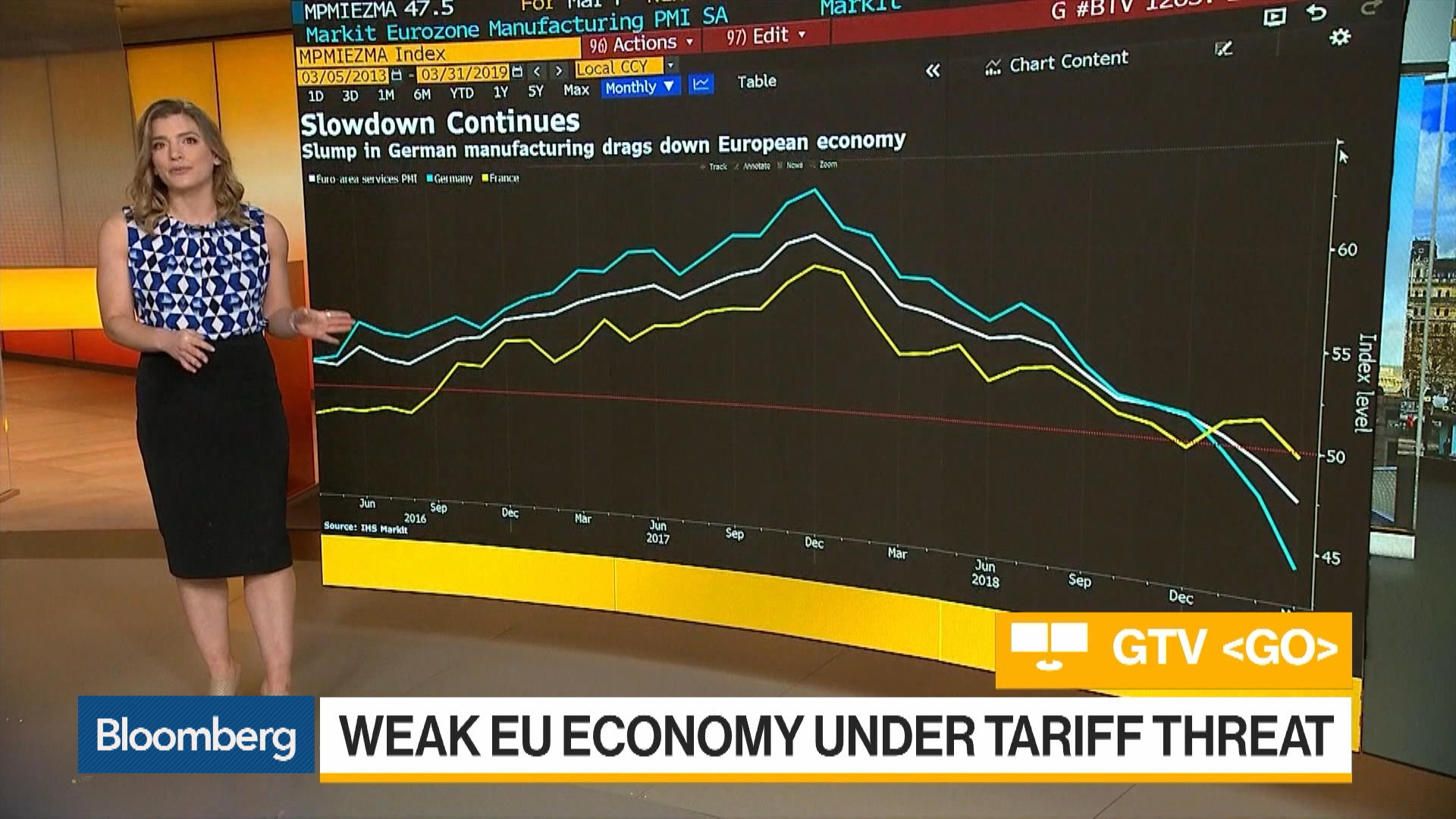Exclusive Report: China's Security Czar's Role In U.S. Trade Talks

Table of Contents
The Security Czar's Direct Influence on Trade Negotiations
The Security Czar's involvement in US-China trade talks extends far beyond traditional security concerns. Their influence permeates the negotiation process itself. This goes beyond mere advisory roles; it encompasses direct participation in high-level meetings and trade delegations. Their presence fundamentally alters the negotiation dynamics, influencing strategies and, ultimately, the agreements reached.
- Specific instances of involvement: [Insert specific examples, citing credible sources, and keeping the Security Czar's identity concealed if necessary for security reasons. Examples could include attendance at specific meetings, documented interventions during negotiations, or leaked communications hinting at their role.]
- Policy decisions influenced: [Give concrete examples of trade policies influenced by the Security Czar's input. These might include decisions on tariffs, trade agreements, or investment regulations. Again, cite reliable sources.]
- Negotiation style analysis: [Analyze the Security Czar's approach to negotiations. Is it confrontational, conciliatory, or strategic? How does this style affect the overall outcome of the talks? Back up your analysis with evidence.]
Indirect Influence Through Policy and Regulatory Decisions
The Security Czar's influence isn't limited to the negotiating table. They shape policies and regulations that directly impact US-China trade. These actions indirectly but powerfully influence the business environment for companies on both sides of the Pacific. The implications for intellectual property rights, technology transfer, and market access are particularly significant.
- Specific policies and regulations: [Detail specific examples of policies and regulations influenced by the Security Czar, such as those related to data security, technology exports, or foreign investment. Cite sources to support these claims.]
- Impact on US-China trade: [Explain how these policies affect US businesses operating in China and vice-versa. Consider the impact on supply chains, market access, and investment decisions.]
- Expert opinions: [Include quotes or summaries of expert opinions on the long-term economic and political consequences of these policies.]
The Security Czar's Role in Shaping China's Overall Trade Strategy
The Security Czar's perspective significantly shapes China's overall economic and trade strategy. They contribute to the delicate balance between national security ambitions and the pursuit of economic growth. This blend of priorities dictates China's approach to trade negotiations and its broader economic relations with the US.
- China's long-term economic strategy: [Analyze China's long-term economic goals, such as the Belt and Road Initiative or Made in China 2025, and how the Security Czar’s influence affects these initiatives.]
- Defining the strategy: [Explain how the Security Czar's input informs and influences China’s overall trade strategy and its negotiating positions in talks with the US.]
- Potential future scenarios: [Based on the Security Czar's influence, project potential future scenarios for US-China trade relations. These could include potential escalation, cooperation, or continued stalemate.]
Implications for US Businesses and Policymakers
Understanding the Security Czar's role is critical for US businesses and policymakers. This necessitates proactive strategies for navigating this complex and evolving relationship. Risk mitigation is paramount for both the private and public sectors.
- Recommendations for businesses: [Offer concrete recommendations for US businesses operating in China, such as diversifying supply chains, strengthening intellectual property protection, and conducting thorough due diligence.]
- Policy recommendations for the US government: [Suggest policy recommendations for the US government, such as strengthening alliances, investing in domestic technologies, and developing a more comprehensive strategy for engaging with China on economic security issues.]
- Potential risks and opportunities: [Highlight potential risks and opportunities for US businesses and policymakers in the context of the Security Czar's influence.]
Conclusion: Understanding the Security Czar's Impact on Future US-China Trade Talks
The Security Czar's influence on US-China trade negotiations is undeniable. Their direct and indirect involvement significantly shapes the policy landscape, impacting both the immediate outcomes of negotiations and the long-term trajectory of bilateral relations. Understanding this influence is crucial for effective engagement and risk mitigation. Staying informed about the evolving role of China's security apparatus in shaping US-China trade relations is essential for both the private and public sectors. To stay updated on this critical issue and the actions of China's Security Czar, subscribe to our newsletter or continue following our in-depth analysis of China's security czar and their role in future trade talks.

Featured Posts
-
 Stallone And Coming Home A Missed Oscar Opportunity
May 11, 2025
Stallone And Coming Home A Missed Oscar Opportunity
May 11, 2025 -
 Analyzing Putins Victory Day Parade Assessing Russias Military Readiness
May 11, 2025
Analyzing Putins Victory Day Parade Assessing Russias Military Readiness
May 11, 2025 -
 Ufc 315 Valentina Shevchenkos Next Challenge Against Manon Fiorot
May 11, 2025
Ufc 315 Valentina Shevchenkos Next Challenge Against Manon Fiorot
May 11, 2025 -
 Jessica Simpsons Comeback Performance A Look At Her 15 Year Absence And Return
May 11, 2025
Jessica Simpsons Comeback Performance A Look At Her 15 Year Absence And Return
May 11, 2025 -
 Ill House U Andrea Loves Killer Track By Neal Mc Clelland
May 11, 2025
Ill House U Andrea Loves Killer Track By Neal Mc Clelland
May 11, 2025
